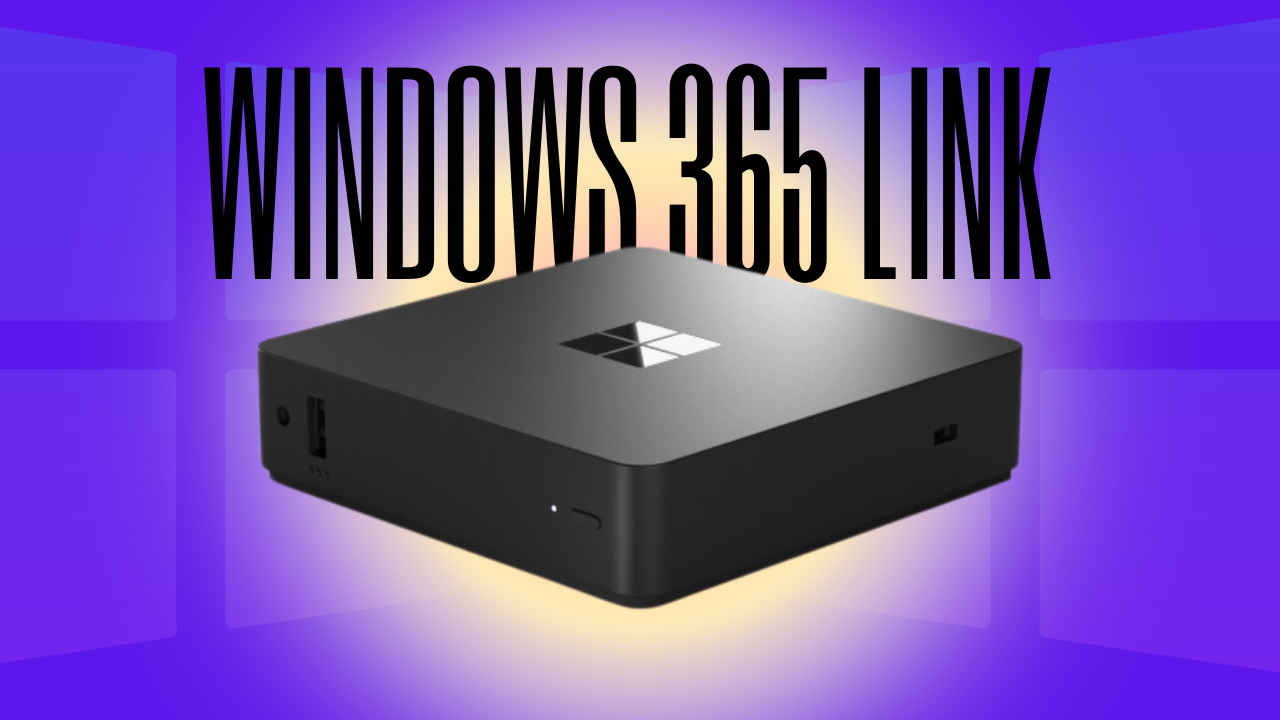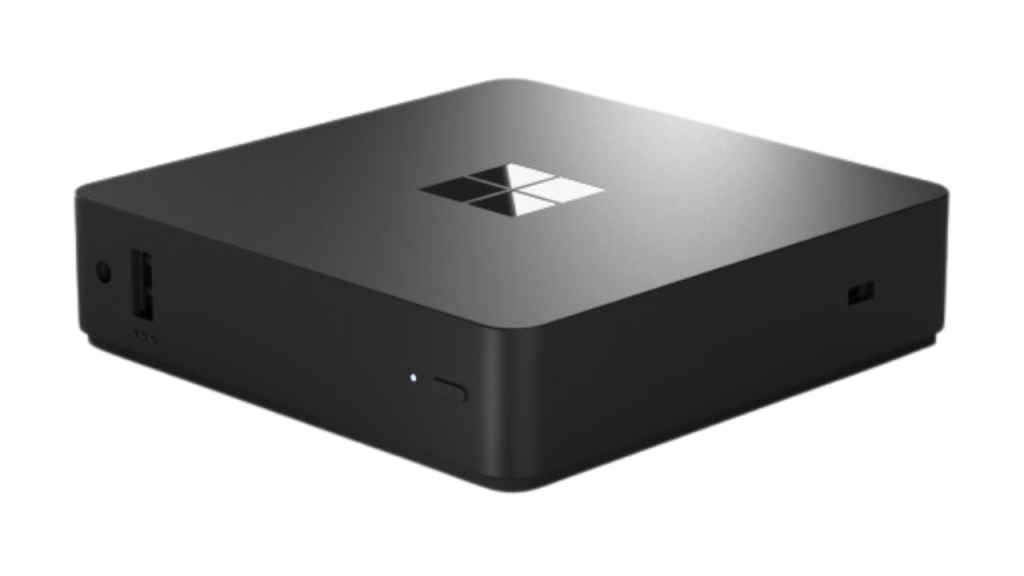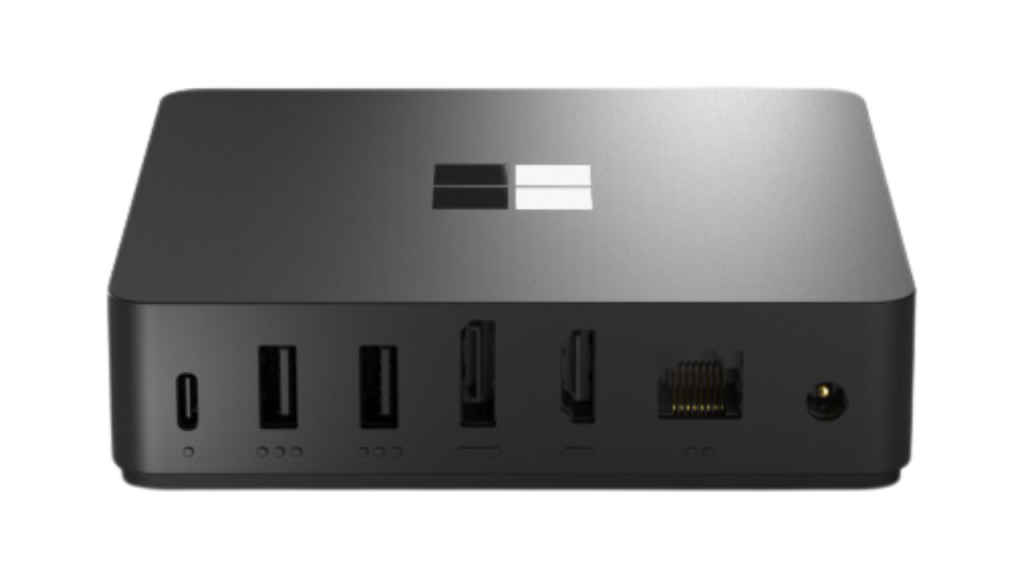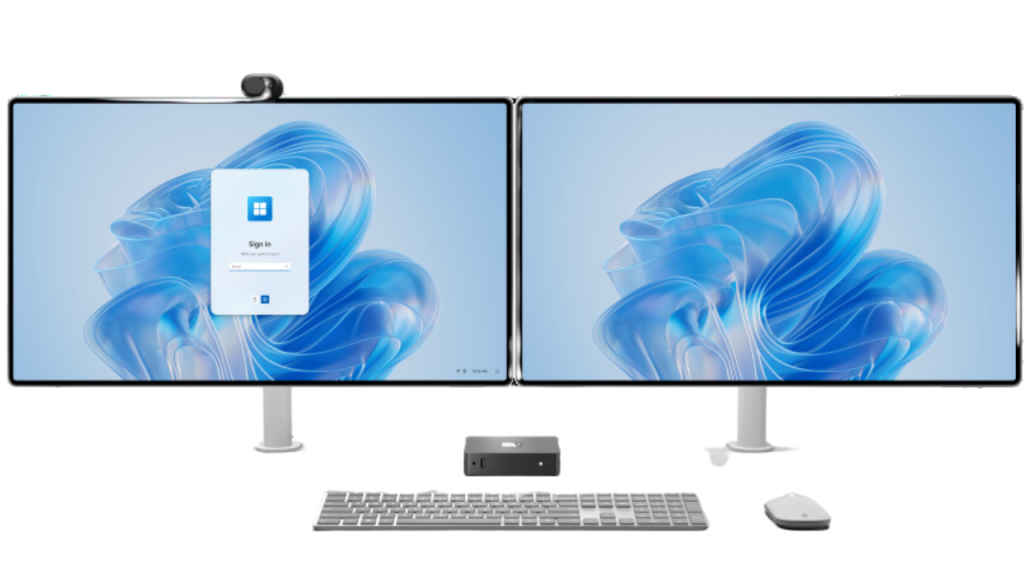Windows 365 Link: Microsoft’s compact cloud PC to rival Apple Mac mini

Taking a serious swing at miniaturising the good old desktop PC, Microsoft has announced the Windows 365 Link – a compact, fanless Windows PC aimed at connecting users directly to their Windows 365 Cloud PC in seconds. While it’s currently aimed at business users in medium or large organisations – a more cloud-native version of a thin client – I can’t help but wonder at the potential for this device to become Microsoft’s response to Apple’s Mac mini in the consumer market.
I mean why not? The Mac mini’s been a favourite among those looking for a small yet powerful desktop computer without breaking the bank for a long time now. So what’s stopping Microsoft from extending the Windows 365 Link to everyday consumers like you and me?
The Windows 365 Link is an interesting piece of hardware. Yes, it has its pros and cons from an end user perspective (which I’ve highlighted further in the article), but it should deserve a spot in retail stores alongside its intended business-focused rollout.
Windows 365 Link: What is it exactly?

At first glance, the Windows 365 Link is a small, unassuming device. Measuring just 4.72-in x 4.72-in x 1.18-in, it’s a compact box that can easily sit on a desk or disappear completely from view by being mounted behind a monitor. It’s designed to boot up in seconds and provide instant access to a Windows 11 desktop streamed from the cloud – that’s right, it doesn’t have Windows 11 natively present on its internal storage. The device comes equipped with an array of ports, including three USB-A 3.2 ports, one USB-C 3.2 port, HDMI and DisplayPort outputs, an Ethernet jack, Wi-Fi 6E, and Bluetooth 5.3 connectivity.
As per Microsoft’s announcement, the Windows 365 Link is intended exclusively for businesses and organisations – at least for now. Microsoft plans to launch it in a limited release in December 2024, and make it more generally available in April 2025, pricing starting at $349 in select markets. So, where does that leave the average consumer?
Why the Windows 365 Link makes sense for consumers
Let’s face it, at $349 starting price, the Windows 365 Link is inexpensive and doesn’t cost a fortune. It offers an accessible price point for consumers looking to experience Windows 11 without investing in a full-fledged PC. For students, freelancers, or anyone on a budget, this device could be an economical way to access a non-smartphone OS-based computing environment.
The Windows 365 Link’s small size makes it ideal for minimalist users – both in terms of desk space and overall computing experience. It’s comparable to the Mac mini in size and could easily blend into a home office or living room environment. Anyone who’s online in 2024 is already a heavy user of cloud-based applications, whether it’s OTT streaming services or Google Docs – the Windows 365 Link just takes this a step further by streaming the entire Windows 11 desktop through the internet. This means all your PC settings, applications, and files are accessible from anywhere, irrespective of any hardware limitations.

For less tech-savvy consumers, think of elders in your family (for instance), the Windows 365 Link reduces potential headaches. In theory, your offline device isn’t a single point of failure for all of your data anymore. Since everything’s in the cloud, Windows operating system updates and cybersecurity events are handled automatically as well.
Challenges of Windows 365 Link
Of course, the Windows 365 Link isn’t without its drawbacks – the biggest one being its reliance on a consistent (and high-speed) internet connection. Since the device streams Windows 11 operating system from the cloud, it’s essentially a brick if your internet’s down or if it’s slow (not above a certain recommended speed threshold). Naturally, for consumers in areas with erratic and unreliable internet, this computing device is simply a non-starter.
Unlike traditional desktop PCs, or the Mac mini for that matter, the Windows 365 Link doesn’t store data or applications locally. Which means if your internet goes down, so does your ability to use the device – this limitation could be a big no-no for users who need access to their computers at all times, of course.
Total cost of ownership is another concern, because accessing Windows 365 requires a subscription right now, which could add to the overall cost of owning the Windows 365 Link for the average consumer. Paying more and not having the ability to customise and tweak the system to their liking pretty much makes this device not worthy of Windows power users as well.
Why the Windows 365 Link should have a consumer variant
Despite the cons, there’s a compelling case for Microsoft to bring the Windows 365 Link to the consumer market. By offering an affordable, easy-to-use device, Microsoft could empower more people to participate in the digital world. Students, senior citizens, and developing regions on the wrong side of the digital divide could benefit immensely from such computing platforms.

Apple’s Mac mini has demonstrated over the years that there’s consumer appetite for a sleek, compact desktop experience. Windows 365 Link gives Microsoft the opportunity to tap into this market segment, offering a Windows-based alternative.
As a long-time observer and user of Microsoft’s products through the 1990s, I definitely see the Windows 365 Link as more than just a business tool. It’s a window into the future of computing, where local and cloud-based experiences converge. For Microsoft, the Windows 365 Link presents an opportunity to further refine what personal computing means for end users.
Of course, challenges exist. Internet infrastructure varies widely, and not all users are ready to embrace a fully cloud-dependent device. However, with thoughtful implementation and perhaps hybrid solutions that offer some offline capabilities, Microsoft could mitigate these concerns.
At least in my humble view, the Windows 365 Link has all the makings of a device that could leave its mark on the consumer PC market. By addressing the cons and leveraging the pros, Microsoft has the chance to offer a compelling alternative to the Mac mini and other compact PCs in the market. As we move toward a more digitally connected and cloud-centric world, devices like the Windows 365 Link could become the norm rather than the exception.
Also read: Mac Mini M4: Apple’s unexpected gaming console?
Jayesh Shinde
Executive Editor at Digit. Technology journalist since Jan 2008, with stints at Indiatimes.com and PCWorld.in. Enthusiastic dad, reluctant traveler, weekend gamer, LOTR nerd, pseudo bon vivant. View Full Profile




